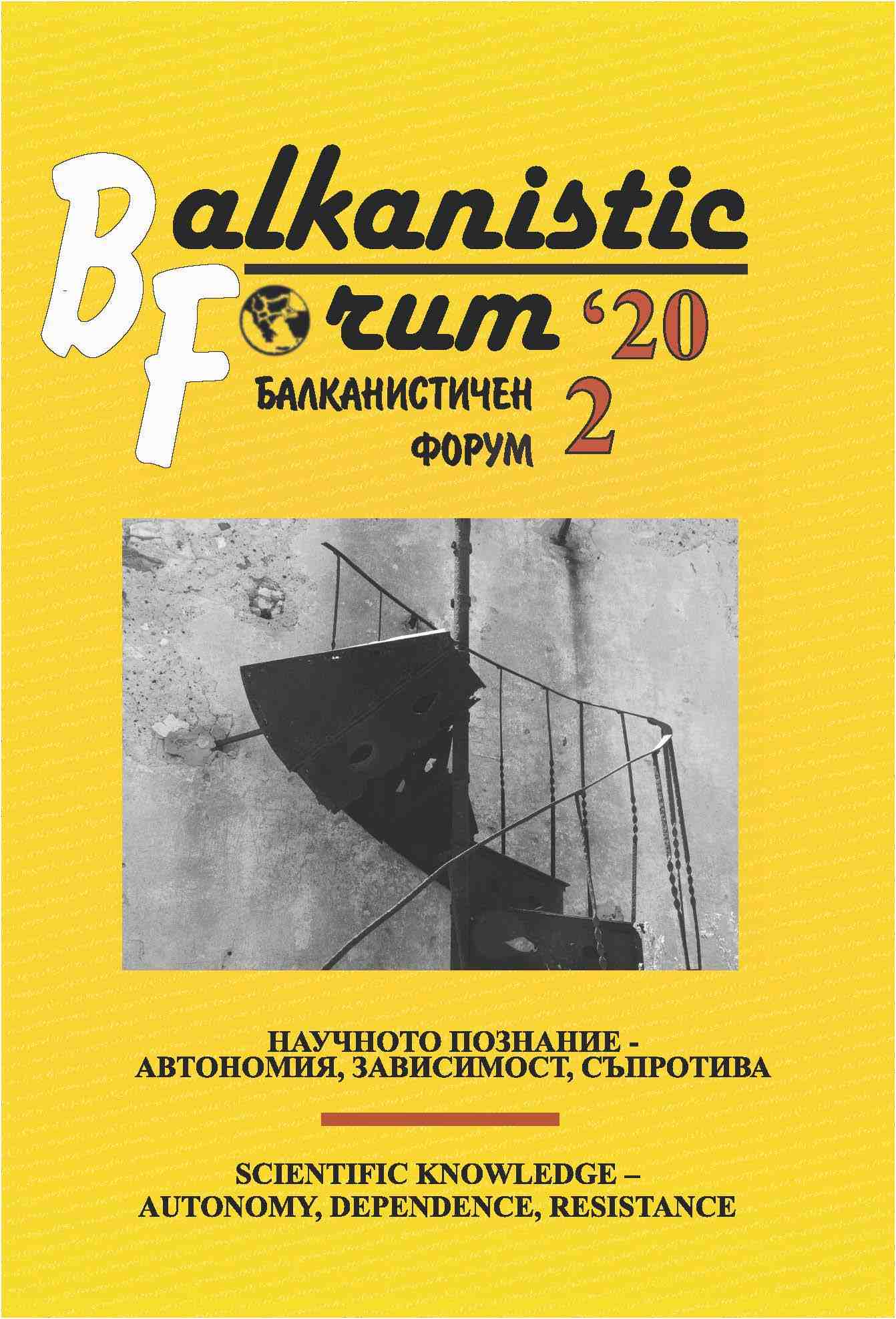Childhood images and visual representations: Romanian post-communist cultural configuration of the past
Childhood images and visual representations: Romanian post-communist cultural configuration of the past
Author(s): Simona MitroiuSubject(s): Anthropology, Social Sciences, Sociology
Published by: ЮГОЗАПАДЕН УНИВЕРСИТЕТ »НЕОФИТ РИЛСКИ«
Keywords: childhood images; post-communist culture; literary remembrance; cinema representa-tions; narratives of the past
Summary/Abstract: The literary and visual representations of the Romanian recent past have helped recollect the world of childhood and its contextual frames, contributing to the process of coming to terms with the communist past. Focusing on the treatment of childhood memories in the post-communist Romanian cultural productions, the research reveals the changes under-gone by the childhood images and representations in the visual memory discourse. The image of the pioneer children offering flowers to the communist leaders was well instilled in the Romanian collective memory by the communist documentaries picturing the Romani-an life during the “Golden Age.” What followed was the image of the abandoned children: from the Romanian orphanages, immediately after the 1989 political regime change, to their immigrant parents, especially during the transitional years. Are these images recol-lected by the New Romanian Cinema productions and are they correlated with the abun-dant literary autobiographical works? The present study focuses on this topic of child images and childhood memories in connection with the remembrance of the communist past, pursuing an in-depth analysis of these post-communist Romanian cultural produc-tions. It argues that despite the insufficient interest in exploring the topic of childhood during the communist regime and the lack of significant collaborative projects reuniting literary figures and cinema directors, the cinema representations of childhood can consid-erably widen the narratives of the past, suggesting new directions in the post-communist exploration of the alternative memories of the past.
Journal: Балканистичен Форум
- Issue Year: 2020
- Issue No: 2
- Page Range: 243-260
- Page Count: 18
- Language: English
- Content File-PDF

